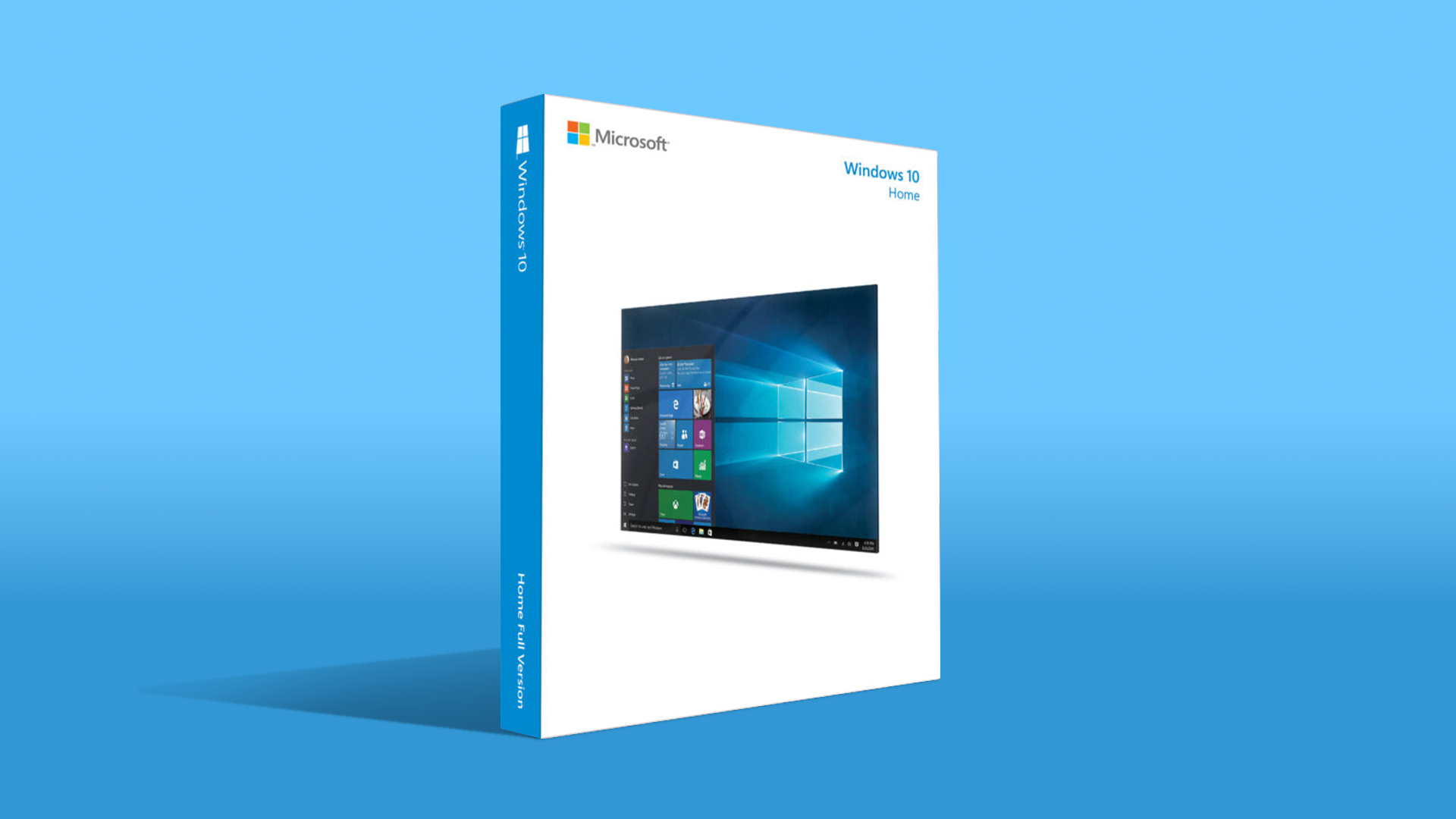
We're nine months out from Windows 10 reaching its October 14 end-of-support date, and Microsoft is kickstarting 2025 by piling the pressure on those yet to make the jump to Windows 11.
Despite being the current most popular version of Microsoft's operating system, with StatCounter estimating that Windows 10 holds a 62.7% market share among Windows computers as of December 2024, it holds no place in the company's future plans. This was reaffirmed in a recent move-it-or-lose-it-themed blog post stressing that users should upgrade to Windows 11 for free, while they can.
Microsoft's gentle reminder of the impending end of Windows 10 feels less like the generous "limited-time" offer it's framed as, and much more like a Godfather-style proposition — you know, the kind you typically can't refuse.
Use it or lose it: Microsoft's "limited-time" Windows 11 offer
Windows 10 holdouts have plenty of reasons behind their hesitation, ranging from increased hardware requirements that may require several upgrades (if not an entirely new PC or laptop altogether) to disagreeable UI changes, including the death of the vertical taskbar.
While Microsoft claims that Windows 11 is safer, sleeker, and future-proof, it has at times proven to be somewhat more unstable, and a recent shift in focus to implementing AI across the board isn't to everyone's taste, especially features like Microsoft Recall.
In China, the phenomenon of a dīngzihù — or "nail house" — refers to the property of a person who refuses to vacate in the face of surrounding development.
The keyboard warrior spirit inside me wants to become my very own nail house, defiantly residing in Casa Redstone (the original codename for Windows 10) while the Windows 11 superhighway continues its construction around me.
However, the most compelling reason to upgrade to Windows 11 might be to avoid nine more months of passive-aggressive psy-ops from Microsoft about my choice of operating system.
An offer you could refuse, but probably shouldn't
Of course, the world of Windows 10 won't come crashing to a halt overnight, but it'll be the start of a rapid decline for the popular operating system. Following October 14, 2025, Windows 10 will no longer receive vulnerability fixes, feature updates, or technical support.
While I can happily hold out on Windows 10 until its end-of-support date (and beyond if I'm willing to pay the $30 ESU subscription fee for an additional year of security updates), perhaps now is the best time to upgrade — especially when faced with the inevitable outcome of having to pay Microsoft up to $139 for Windows 11 due to my own stubbornness.
I like Windows 10 as much as the next person. However, knowing that a lot of the stigma surrounding Windows 11 is the result of long-fixed issues and having had plenty of hands-on time with the operating system, I know that whatever our gripes with Microsoft's latest operating system are, they're certainly not worth eventually being put out of pocket over them.







